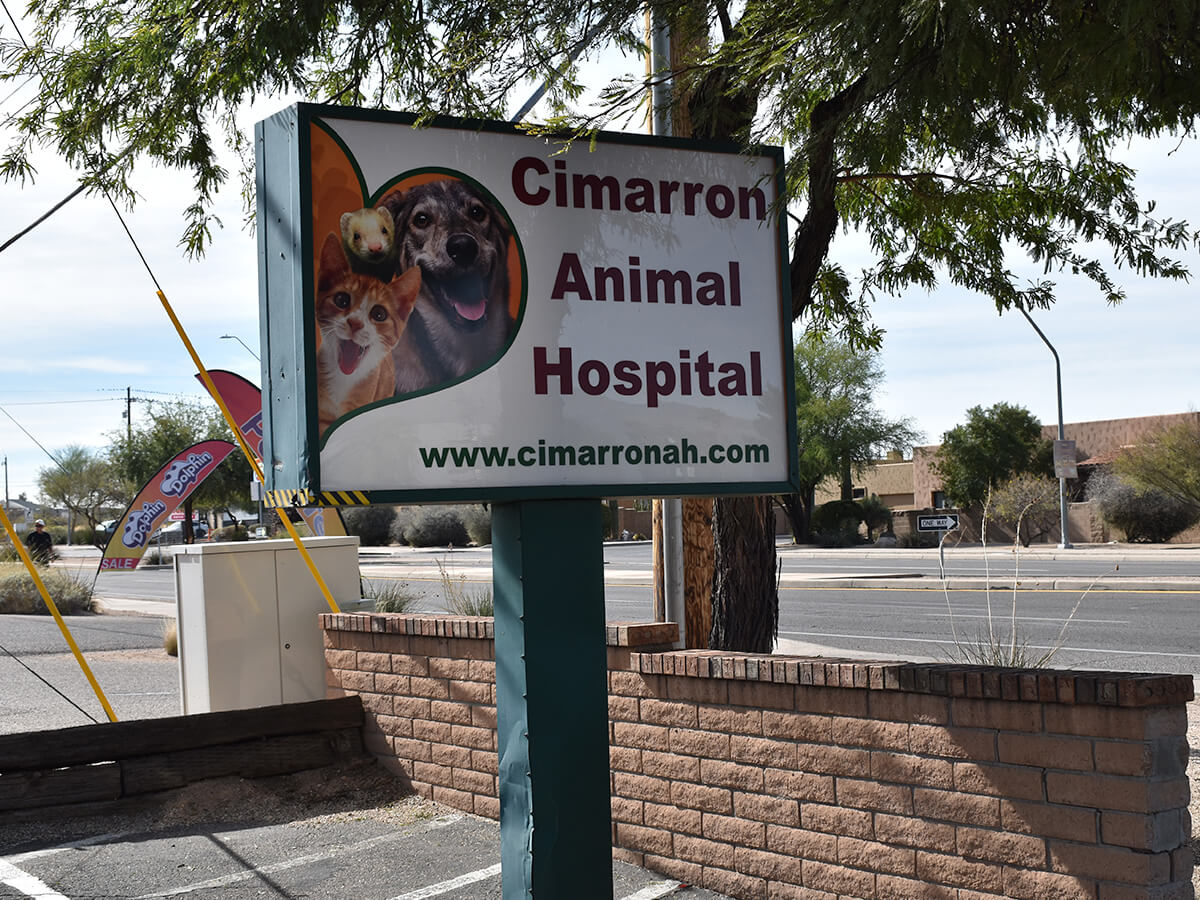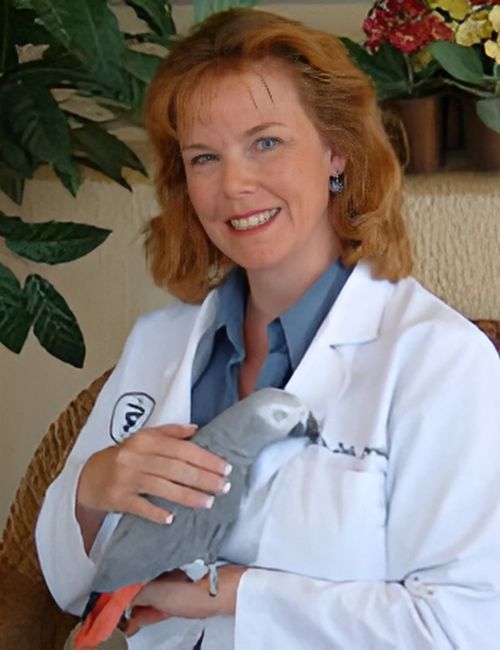Pets and Their People, Our Passion!
At Cimarron Animal Hospital, your trusted vet in Tucson, AZ, we enhance the lives of pets and their people by delivering the highest-quality medical care with the gentlest hands and kindest hearts. Our goal is to provide exceptional personal service with sincerity and integrity.
We’re Excited to Meet You and Your Pet!
Book today and get $25 off your first exam!

Our Promises to our Clients
Our Mission
At Cimarron Animal Hospital, we promise:
- To provide the most Fear Free experience for their pets that we can.
- To provide a Comprehensive Exam to every patient, every time for Wellness and Sick Visits.
- To provide up-to-date medical strategies for both wellness protection and disease treatment
- To provide the safest surgery available in general practice
- To offer the best options for patient treatment and provide the best care within the means of their family
- To do our best for Pets and Their People every day
- To triage every Urgent Care Patient within 15 minutes of arrival
Meet our veterinary team
Meet our dedicated veterinary team at Cimarron Animal Hospital, where compassionate, expert care is our priority. Our skilled veterinarians and support staff are committed to providing personalized healthcare for your pets, ensuring each visit is a positive experience. With a shared passion for animal well-being, our team works together to keep your pets healthy and happy. We value the trust you place in us and strive to deliver the highest standard of veterinary care for each patient. Experience the commitment and expertise of our veterinary team, proudly serving Tucson and the surrounding communities.
Comprehensive veterinary care in Tucson, AZ
Our veterinary services are tailored to meet your pet’s unique needs, providing compassionate care through every life stage. From routine check-ups to specialized care, your pet’s health is our priority.
Pet Wellness Plan (Pet Friend Forever):
Pet Friends Forever Wellness Packages: Discounts, free exams, vaccinations, nail trims, and more!
Thank you for making us one of the highest-rated veterinary hospitals in Tucson, AZ
Your trust and support have been instrumental in our journey, and we want you to know how much it means to us. We look forward to continuing to provide you and your pet with only the best that the world of veterinary care has to offer.













